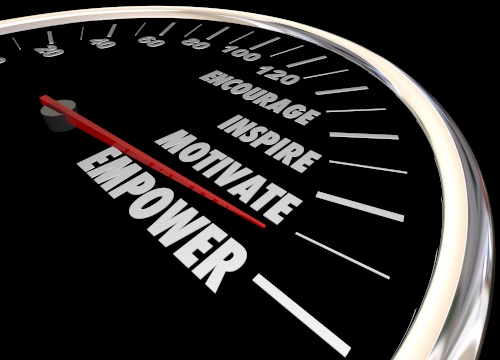When helping a person you love who struggles with addiction, it can be tough to give them the support they need while avoiding continuing their behavior. This post goes through four areas where friends and families often enable negative behavior for an addict in their lives. After identifying the problem, we will point out empowering approaches that will truly help the addict in your life get to a better emotional and physical place for growth.
Working with an Addict’s Behavior
One symptom of alcohol use and intoxication is memory loss. Many other drugs have similar effects. This memory loss can affect an addict by making them forget their negative behaviors while under the influence. Also, people with addiction are more likely to miss work than people without addictions, according to the National Institute on Drug Abuse.
-
Enabling: Make Excuses – Often, the family or friends of the addicted person will cover up for them. If they fall asleep on the floor, a family member will tuck them into bed. If they get loud at a party, the friends will smooth over any awkwardness. An enabling person will call in sick for an addict.
-
Empowering: Name Behaviors and Demand Accountability – Empowering behavior points out the consequences of the addicted person’s actions to them. If they fall asleep on the floor, they wake up on the floor. If they are foolish at a party, they have to deal with the social fallout. Support happens when encouraging the addict to face their boss’s consequences for choosing to indulge in their substance of choice.
Substances
Addictive substances are all over everyday life. Poll after poll shows that over 50% of US adults drink alcohol. Drinking may be familiar with work lunches and most restaurants. Depending on the hobby, many interests overlap with drug use. Many addicts will take their substance of choice as a celebration at the end of a tough week or at a holiday party. Others think of their substance as a thing they have earned.
-
Enabling: Buying/Offering Drugs or Alcohol – Celebrate with the addict using the substance of choice. Enablers may also try to model restrained use of a substance in front of an addict.
-
Empowering: Support Alternative Celebration – People who empower an addict know that addiction is a sickness and that when an addict indulges, it is not a celebration. Empowering people host a clean home and do not take substances around the addict.
Law Enforcement
Many behaviors that go along with addiction are illegal, including buying illegal drugs, driving while under the influence (of alcohol or another drug), stealing money, stealing drugs, or stealing property (typical to pay for a substance).
-
Enabling: Hide Evidence – Families or friends sometimes use their funds or connections to help the legal troubles go away.
-
Empowering: Work with Officers – When the legal system works without interruption, it can be a wake up call an addict needs.
Financial Relationships
No matter the type of addiction, addiction is most often pricy. Gambling debt for addicted players can go up to several thousands of dollars. Between legal fees, loss of time at a job, and paying for a substance, addictions end up being expensive. Addictions can also challenge a person’s ability to hold a job or improve their opportunities.
-
Enabling: Bailout Addict – Families might hold joint bank or credit accounts to make an addict’s struggles less difficult. Expensive gifts or loans are other ways family and friends try to do something nice for an addict, but end up enabling their negative behavior.
-
Empowering: Setting Financial Boundaries – To set an addict up for a life with boundaries, setting limits to finances is important. These boundaries may include living separately or clearly stating they will not share funds. Paying for treatment is a healthy expense a family member or friend may share with an addict.
Harmony Haus Sober Living provides a clear and clean home for men working through recovery. Our healthy living program is here to empower you to make the best choices you can supported by a loving community of people who understand your struggles. For more information on our Alcohol and Drug Recovery Program, click here. For a digital tour click here, or give us a call at (512) 387-2978 to set up an in-person tour.

